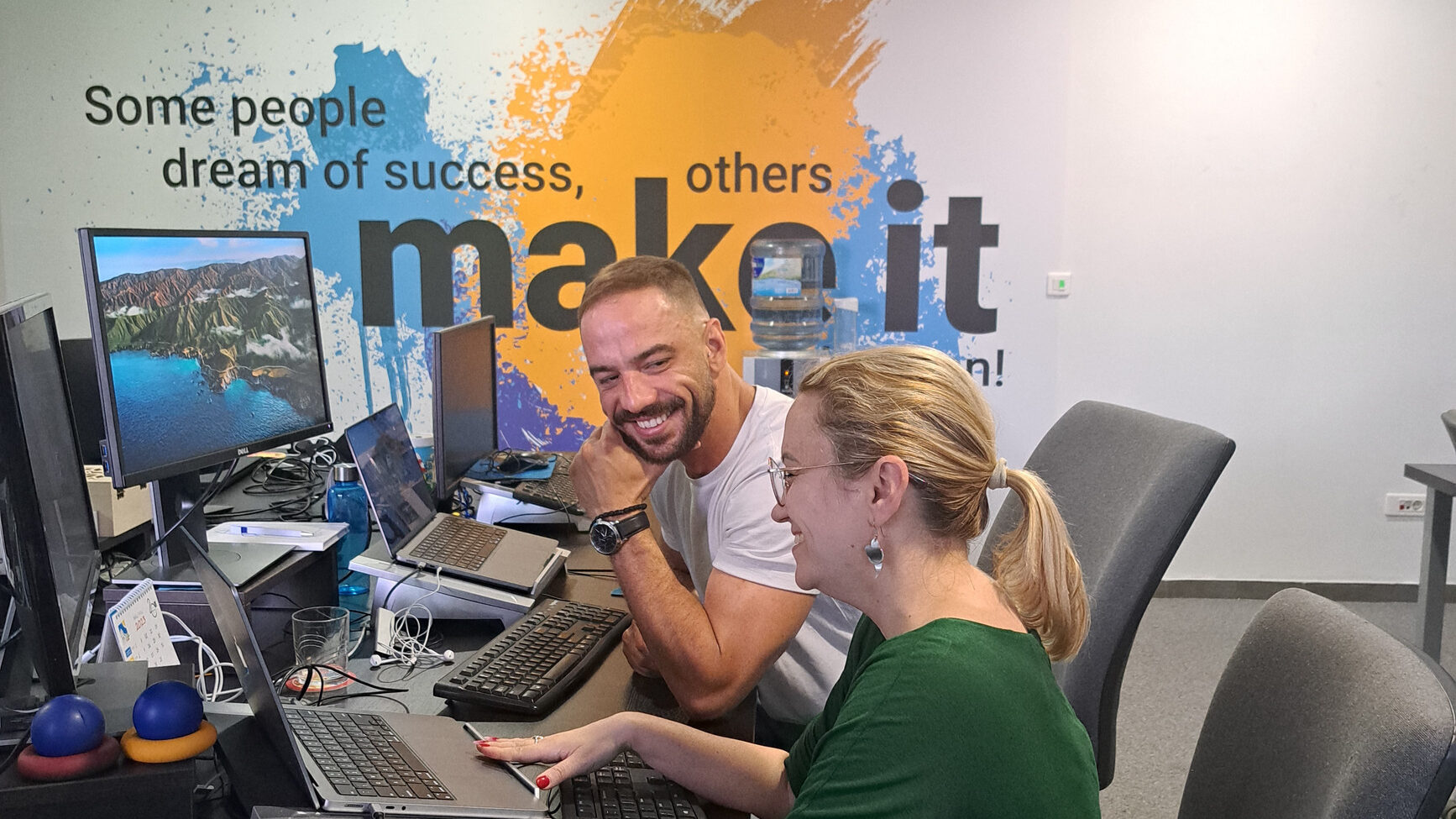
Are you a junior developer looking for an opening in the industry?
Are you browsing job ads and sending your job application but receiving few to no replies and even fewer invitations to interviews?
Why is this the case?
You must have learned by now that if there’s no one working in the company you’re applying to, to vouch for you, and your CV isn’t stellar with at least several links to projects you’ve been working on – chances are slim that you’ll be invited for an interview because of the aforementioned things, plus the competition is tough.
Another reason why you’re struggling to get your foot in the door is the fact that there is a handful of companies that budget for, hire, and train juniors. Why?
Are Junior Developers High-risk Investments?
Hiring a junior developer is a serious investment.
- Investment in the equipment;
- Investment in senior hours;
- Salary
- The time it takes for a developer to start bringing in profit;
- Short stay
Unless the company is getting funds to hire and train junior developers from the government or the investors – it will not invest in developers who are high cost-no/low return. While there may be exceptions – if candidates come as highly recommended by an employee of the company, the data suggests that companies will not make such a decision.
Let’s look at the numbers at Bridgewater Labs: out of 18 interns and juniors that we hired, only 5 have stayed with us for more than 6 months. This is a trend that I have noticed throughout the industry. Some gave up right after their internship because they realized it wasn’t for them; some we rejected after their internship because we saw the same thing. Some started with a junior salary and expected 100% salary growth after 6 months but left the company when we offered less.

But let’s say you’ve made it to the interview. You’ve done your best and passed the technical interview, and you’re about to start working. As an HR who is often the first point of contact for interns and juniors and a go-to person for feedback and help – I have some advice to offer.
Be Humble and Open-Minded
As a junior developer, it’s important to remember that while you may choose your friends, you don’t choose your colleagues. When you start a new job, try to fit in with your team and avoid coming across as a know-it-all. It’s not a prison yard, and you don’t need to prove yourself by taking on the alpha dog. In the IT industry, knowledge is power, so focus on learning as much as possible, being grateful for what you have, listening to advice from others, accepting criticism gracefully, and being humble when necessary. Leave your ego at the door and focus on building your skills and knowledge.
Seek Guidance and Be Proactive
If you’re fortunate enough to have a mentor, make the most of their expertise and guidance. Don’t wait for them to pull you along; be proactive and ask for help when you need it. It’s frustrating to work with someone who is constantly dragging their feet or needs to be led by the hand. Be proactive and take the initiative to ask questions and seek help when you need it. A great way to set expectations is to share a message like, “If something bothers you, say it… If you get stuck, ask… When you want something, ask… If you’re struggling, let us know… and I believe we’ll work great together!”
Be Visible and Show Your Passion
Don’t just sit quietly in the corner; make an effort to be noticed. In the IT industry, being a good fit for a company is just as important as having technical skills. You become a valuable asset to any team when you demonstrate your passion and eagerness to learn. Don’t be afraid to speak up in meetings, suggest new ideas, or take on additional responsibilities. Don’t just clock in and out of your 8-hour workday; instead, spend time researching, exploring, and asking questions. Someone once said, “It takes a lot of sawdust to eat an elephant,” meaning that progress takes time and effort. The same goes for building a career in the IT industry.
Becoming a successful junior developer requires a combination of technical skills, humility, initiative, and passion. It’s important to remember that you don’t have to know everything right away and that learning is an ongoing process. Seek guidance from more experienced colleagues, be proactive in your approach, be visible in your enthusiasm, and always be willing to put in the extra effort. In the end, success in the IT industry isn’t just about what you know; it’s about how you approach your work and interact with others.
A Few Tips For The End
If you are given an opportunity, make the most of it. Don’t take anything for granted, and always try to give your best.
Be honest in your CV and interviews. In this industry, things move quickly, and what you have listed on your CV the company will put to the test. It is important to be aware of what you don’t know and to be willing to learn.
Remember that the IT industry is small, and both companies and people get labeled quickly. Don’t burn any bridges, and always be respectful and professional.

Navigating the world of internships and junior positions in IT can be a challenge, but with the right mindset and approach, you can succeed. Remember that modesty is a virtue and that being humble and willing to learn will earn you respect and success in this industry.
Nena Obradovic, HR at Bridgewater Labs